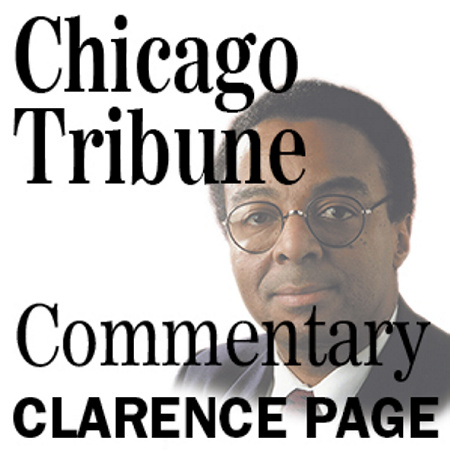What’s the word? The “Word of the Year” at Oxford Dictionaries is not even a word. It is an emoji, a digital image that is used in text messages to express an idea or emotion in a style that seems in my eyes to be aimed at illiterates.
Oxford Dictionaries justified this selection by citing an explosion in “emoji culture” over the last year and not, as I fear, a collapse in the public’s desire to read.
“It’s flexible, immediate and infuses tone beautifully,” Casper Grathwohl, president of Oxford Dictionaries, said in a statement. “As a result, emoji are becoming an increasingly rich form of communication, one that transcends linguistic borders.”
Indeed, I’m sure that’s true, provided that you can figure out what the darn emoji means. The emoji that Oxford Dictionaries happened to choose is hardly a model of simplicity or clarity.
Titled “face with tears of joy,” it depicts a gleefully cheerful smiley face with enormous water drops exploding out of its eyes. Cute, but it’s nowhere near the “rich form of communication” displayed by what has become known as the “poop emoji” in polite company. It depicts a steaming brown coil of the stuff with enough clarity to require no further translation.
But as an indicator of the social, political and economic world in which I usually work, a world that feels a lot less predictable than it did a year ago, I prefer the choices made by two other major dictionary companies.
First prize in my view goes to “identity,” the choice of Dictionary.com, a timely topic for the year that gave us Rachel Dolezal and Caitlyn Jenner, among other challenges to our society’s conventional sense of selfhood and otherness.
Dolezal will be remembered as the Spokane NAACP leader who passed for black, a complete reversal of the usual American tradition. This upset white conservatives who didn’t like the NAACP anyway. It also upset black traditionalists who felt Dolezal hadn’t paid enough dues to pose as an authentic African-American.
This conundrum proved to be remarkably similar to the dust-up kicked up by Caitlyn Jenner’s decision to emerge from the body of Olympic medalist Bruce Jenner. A few prominent radical feminists resented what they saw as Jenner’s E-ZPass around decades of struggle against institutional sexism.
Episodes like that, Dictionary.com CEO Liz McMillan said in a news release, sent enough people running to online dictionaries and other media to make identity “the clear front-runner.”
“Our data indicated a growing interest in words related to identity,” McMillan said in the release, “as people encountered new terms throughout the year based on events tied to gender, sexuality, race and other key issues.”
In a similar vein, Merriam-Webster.com named a suffix to be its word of the year: “-ism.” The website’s word watchers began to notice a surge in look-ups that ended in those three letters. Of the thousands of queries, seven with noticeably political themes rose to the top: socialism, fascism, racism, feminism, communism, capitalism and terrorism.
This was a year in which Sen. Bernie Sanders, a Democratic presidential candidate and self-described democratic socialist from Vermont, opened up a national dialogue about how socialism really works as something more than the epithet that conservatives like to fling at President Barack Obama. As Sanders’ crowds surged in midsummer, so did look-ups for “socialism” online.
Similarly, billionaire showman Donald Trump’s calls for mass deportation of immigrants and praise for Vladimir Putin, among other comments, sent many rushing to their keyboards to look up “fascism.”
And racism, feminism, communism, capitalism and terrorism — among other popular “isms” — have been so bent out of shape by partisan and ideological accusations and counteraccusations that you need a dictionary just to keep score.
It is too early to say how much of an impact all of this chatter about identity and “-isms” will have on the 2016 presidential campaign. We have elections to decide questions like that.
But as money, ideology and celebrity increasingly replace political parties as the pilots of national election campaigns, I am encouraged to hear that at least some people care about the words our political leaders use. I wish more of our political leaders did.
Clarence Page, a member of the Chicago Tribune Editorial Board, blogs at www.chicagotribune.com/pagespage
Copy the Story LinkSend questions/comments to the editors.



Success. Please wait for the page to reload. If the page does not reload within 5 seconds, please refresh the page.
Enter your email and password to access comments.
Hi, to comment on stories you must . This profile is in addition to your subscription and website login.
Already have a commenting profile? .
Invalid username/password.
Please check your email to confirm and complete your registration.
Only subscribers are eligible to post comments. Please subscribe or login first for digital access. Here’s why.
Use the form below to reset your password. When you've submitted your account email, we will send an email with a reset code.